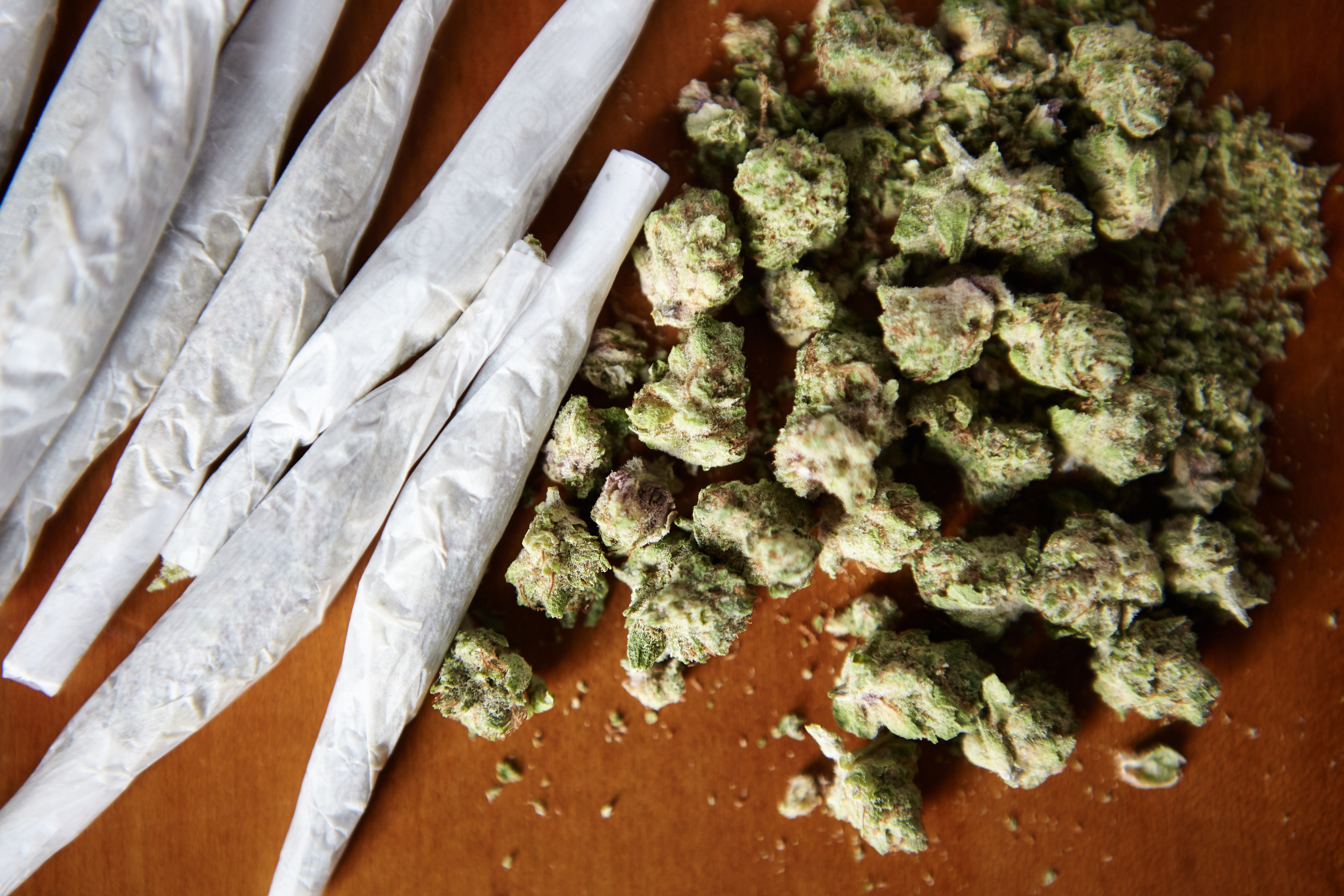Cannabis, also known as marijuana, weed, or pot, has become increasingly popular and more socially accepted in recent years. With legalization spreading across various states and countries, more people are trying it out, whether for recreational or medicinal purposes. While cannabis can be enjoyable and even beneficial for some, it’s essential to recognize when use turns into abuse. In this article, we’ll break down the signs of cannabis abuse in a straightforward, easy-to-understand way.
Understanding the Signs of Cannabis Abuse
1. Increased Tolerance and Consumption
One of the first signs that someone might be abusing cannabis is an increased tolerance. This means they need more of the substance to feel the same effects they used to get with smaller amounts. If you notice that someone is using more cannabis than before to achieve the same high, it could be a sign of dependency.
Why It Happens:
The body gets used to the substance over time, and the brain’s receptors require more THC (the active ingredient in cannabis) to get the same effect.
What to Watch For:
- Regularly increasing the amount used.
- Needing stronger strains or different consumption methods to get high.
2. Loss of Control
Another clear sign of cannabis abuse is when someone loses control over their usage. They might intend to cut back or stop altogether but find themselves unable to do so.
Why It Happens:
Cannabis can be mentally addictive. The routine of using it, coupled with the relaxation or euphoria it provides, can be hard to give up.
What to Watch For:
- Failed attempts to reduce or quit using cannabis.
- Spending more time and effort obtaining and using the substance.
3. Neglecting Responsibilities
When cannabis use starts to interfere with daily life and responsibilities, it’s a red flag. This could mean neglecting work, school, or family duties.
Why It Happens:
As the use becomes more frequent, it can become a priority over other aspects of life.
What to Watch For:
- Missing work or school deadlines.
- Declining performance in job or studies.
- Ignoring household chores or family commitments.
4. Changes in Social Behavior
Cannabis abuse often leads to changes in social behavior. People might start isolating themselves or changing their friend groups to be around others who use cannabis.
Why It Happens:
To avoid judgment or to be in an environment where their behavior is accepted, individuals may change their social circles.
What to Watch For:
- Withdrawing from family and old friends.
- Spending more time with new friends who are also heavy cannabis users.
- Avoiding social situations where cannabis can’t be used.
5. Health Issues
While cannabis is often touted for its medical benefits, overuse can lead to health problems. This includes both physical and mental health issues.
Why It Happens:
Excessive use can affect the respiratory system, mental health, and overall physical condition.
What to Watch For:
- Persistent cough or respiratory issues from smoking.
- Increased anxiety or paranoia.
- Problems with memory and concentration.
- Weight changes (either gain or loss).
6. Financial Problems
Funding a cannabis habit can become expensive, leading to financial difficulties.
Why It Happens:
As tolerance increases, the amount spent on cannabis can grow significantly.
What to Watch For:
- Borrowing money or using savings to buy cannabis.
- Skipping bills or other financial obligations to afford cannabis.
- Financial stress and debt.
7. Risky Behavior
Engaging in risky behaviors is another sign of substance abuse. This can include driving under the influence or using cannabis in dangerous situations.
Why It Happens:
The impaired judgment from cannabis use can lead to risky decision-making.
What to Watch For:
- Driving or operating machinery while high.
- Using cannabis in unsafe environments.
- Engaging in illegal activities to obtain cannabis.
8. Mental Preoccupation
When someone is abusing cannabis, it often becomes a central part of their thoughts and conversations.
Why It Happens:
The brain starts to associate cannabis with pleasure and relief, making it a frequent topic on the mind.
What to Watch For:
- Constantly talking about cannabis.
- Planning activities around cannabis use.
- Difficulty focusing on conversations or tasks that don’t involve cannabis.
9. Withdrawal Symptoms
Just like with other substances, stopping or reducing heavy cannabis use can lead to withdrawal symptoms.
Why It Happens:
The body and mind get used to the presence of THC, and its sudden absence can cause discomfort.
What to Watch For:
- Irritability or mood swings.
- Difficulty sleeping (insomnia).
- Decreased appetite or digestive issues.
- Cravings for cannabis.
10. Using Cannabis to Cope
Using cannabis as a primary way to deal with stress, anxiety, or other emotional issues is a sign of abuse.
Why It Happens:
Cannabis can temporarily relieve stress and anxiety, making it an appealing coping mechanism.
What to Watch For:
- Reaching for cannabis whenever feeling stressed or down.
- Relying on cannabis to manage emotions.
- Using cannabis as a crutch instead of dealing with underlying issues.
Recognizing the Signs and Seeking Help
If you recognize any of these signs in yourself or someone you know, it might be time to consider whether cannabis use has crossed the line into abuse. Remember, the key is to use cannabis responsibly and be aware of how it affects your life. If you or someone you care about is struggling, don’t hesitate to seek help. There are many resources available, from support groups to professional counseling, that can provide the necessary assistance to regain control.
Cannabis, like any substance, can be enjoyed responsibly, but it’s crucial to stay mindful of its impact on your life. By understanding the signs of abuse, you can take steps to ensure that your use remains healthy and beneficial.

